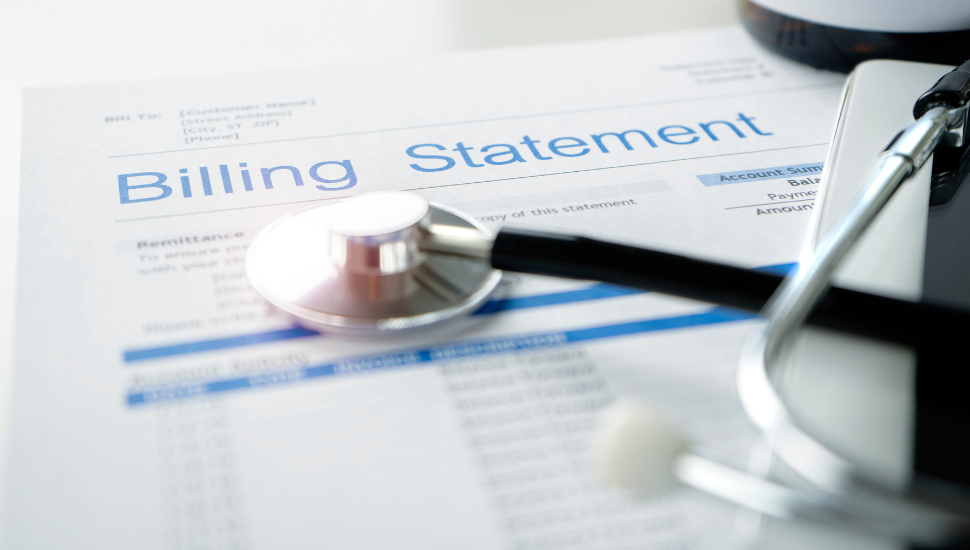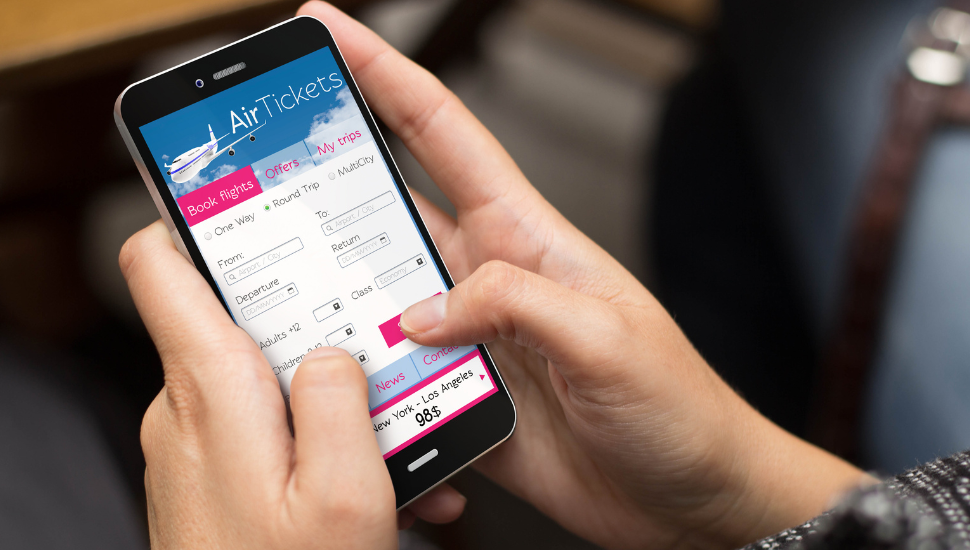When Should I Book My Travel Insurance?
As the UK's favourite money-saving expert urges: "Half of the point of travel insurance is to cover you if anything happens before you go."
When does travel insurance start? This is an often-misunderstood aspect of travel cover.
If you don't take out travel insurance straight after booking your trip, you won't be financially protected if you need to cancel.
But doesn't travel insurance begin the day I leave?
Not the 'cancellation' part of your travel insurance – For a single trip travel insurance policy, it takes effect as soon as you buy your policy, not the date you depart. (or in the case of an annual multi-trip policy, the date you select for your travel insurance policy to start).
The rest of a single trip travel insurance policy does begin on the date stated on the cover document - i.e. the date you begin your trip.
Common reasons for needing to cancel a trip
As a traveller, there are many reasons why you might need to cancel your trip. These include:
- A bereavement
- Losing your job
- Contracting Covid-19
- Suffering a fire, flood, or break-in
- Being instructed to carry out jury service

Parts of your cover that begin on your departure date
Everything apart from cancellation cover starts on the day of departure. This includes:
Medical costs overseas
If you contract Covid or suffer any other injury or illness while abroad, you'll be able to claim for any medical costs that arise, within the terms and conditions of your policy.
These costs could be very high for certain procedures or medications, or simply because healthcare costs a lot in your destination (e.g., the United States).
Note: it's critical you tell your insurer about any pre-existing medical conditions. If you don't, any claim you make may be refused by your insurer.
Curtailment
'Curtailment' is when you have to curtail or cut short your trip due to unforeseen circumstances. These events include family emergencies - such as the death of a relative.
Personal belongings and baggage
Your travel insurance policy will provide some protection against the loss, damage, or theft of personal belongings and baggage.
Electronic gadgets, jewellery, passports, and credit cards all cost money to replace. Baggage loss, too, is a real threat.
According to the BBC, "26 million pieces of luggage were lost, delayed, or damaged in 2022 - nearly eight bags in every 1,000."
The cost of booked excursions, sports events, and other activities
If you are not able to make use of such booked activities, your insurer should cover you. However, under some policies, you'll only be covered if the provider goes out of business.
Personal liability cover
If you accidentally injure someone or damage their belongings/property, you'll be covered for any damages or costs that arise.
Covid cover
Most policies will cover you if you contract Covid before or during your trip. With the former, you'll be able to claim on the elements of your holiday you’ve already paid for, and with the latter, your medical costs will be reimbursed (minus any excess and within the terms and conditions of your chosen policy).
When cover kicks in: single trip vs. annual cover
There are two main types of travel insurance: single trip and annual. With single trip cover, your cancellation cover begins as soon as you buy the policy, with coverage for everything else (outlined in the policy) beginning on the day of departure. However, with annual cover, you are covered throughout the year, so you don't need to worry about being covered for either cancellation or any other aspect of the policy.
However, it's important to double-check your annual cover has not expired as soon as you book your next trip. If it has expired, don't delay renewal, or you won't be protected by cancellation cover.
There are also other types of travel insurance available, including family travel insurance (normally covering parents and the children who live with them); couples' travel insurance; and individual travel insurance (covering the person named on the policy).
Cancellation cover is half the value of your policy
Because the cost of your trip is likely to be substantial, it could cost you dearly if you need to cancel but are not covered.
According to one 2017 survey, 24% of respondents said they have had to cancel their trip due to an emergency.
When should you buy travel insurance: before or after booking?
It's possible to take out travel insurance before you book your trip, but you must ensure any cover will be sufficient for your travel plans (e.g. European cover will be of no use if you end up booking a trip to the USA). With this in mind, it's probably better to take out insurance once your travel plans are concrete.
At the very least, you should buy it as soon as you start paying for any flights, hotels, or excursions.
But remember that you cannot take out travel cover once you have started travelling - unless it is a special policy that permits this.
Under such 'already travelling' coverage, your insurance won't kick in until a certain period has elapsed after purchase, usually 48 hours. In this situation, you won't be protected against cancellation until that specified period ends - so it's always better to get covered as soon as you can.

Do I need travel insurance before I book flights?
You do not need travel insurance in place before you book a flight. However, you should take out cover as soon as you have put down any money on a flight.
Do you need travel insurance before you book?
The answer to this question is the same as above: you do not need travel insurance before you book any aspect of your trip, but it's highly recommended you have it in place shortly afterwards.
As the UK Government's Foreign, Commonwealth & Development states: "If you’re travelling abroad, it's important to take out appropriate travel insurance before you go."
What is ‘travel essentials insurance’?
‘Travel essentials insurance’ is a general term used to describe the very minimum level of cover required to take a trip overseas.
What this means for you may not be the same for someone else. However, in terms of avoiding large costs, at the very least, any policy you have should include:
- Cancellation cover
- Medical cover
This is because events in these categories tend to be the most expensive.
And if you're travelling with expensive equipment, cover for these items may be a priority. But be aware that the coverage limits or sub-limits may be insufficient for some items (e.g., advanced camera equipment or expensive jewellery) - in which case, you may need to take out specialist insurance. For example, a regular policy might include maximum cover for Personal Effects/Possessions of 2,500 GBP, but a per-item limit of 300 GBP.
For those with higher-value items, a specialist policy may be needed.
Get covered "A.S.A.B."
As money-saving expert Martin Lewis urges, "Get your travel insurance A.S.A.B. - As Soon As You Book."
Lewis continues: "Do not leave it a week or two. Do not leave it before you go on holiday."
"Half of the point of travel insurance is to cover you if anything happens before you go."
Get a Quote